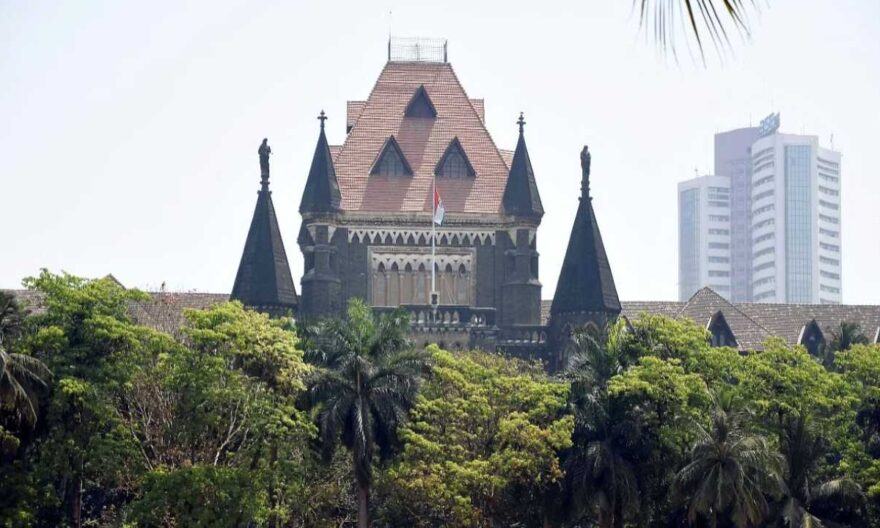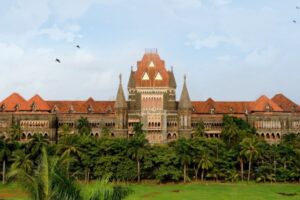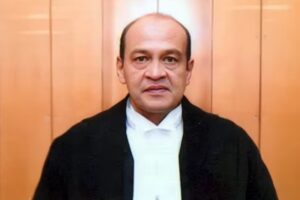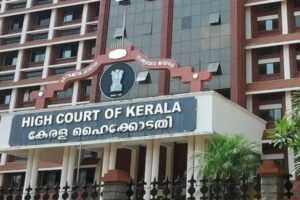
The Bombay High Court has ruled that undertrial prisoners who have been incarcerated for an extended period should ordinarily be granted bail, even if they are facing serious charges.
A single-judge bench of Justice Bharati Dangre made this assertion while granting bail to Akash Chandalia, who had been in jail for 7.5 years on charges of double murder.
Justice Dangre emphasized that denying personal liberty without ensuring a speedy trial contradicts Article 21 (right to life and personal liberty) of the Indian Constitution.
“Deprivation of personal liberty, without ensuring speedy trial is not in consonance with article 21 of the Constitution. When a timely trial is not possible, the accused cannot be made to suffer further incarceration, if he has already undergone a significant period of the proposed sentence, and in such circumstances, the court would ordinarily be obligated to enlarge him on bail, keeping aside the seriousness of the accusations faced by him,” the order reads.
The bail application was related to a case involving gangster Kisan Pardeshi. Pardeshi and his associates, including Chandalia, were charged with kidnapping, assault, and murder of two individuals in July 2015. The victims succumbed to their injuries, and their bodies were later discovered.
Chandalia’s bail application pointed out that two co-accused in the same case, Vikas Gaikwad and Yasmin Sayyed, were released on bail in 2022 due to trial delays. Justice Dangre noted this fact and concluded that there was no reason why Chandalia could not also be granted bail. Consequently, she approved the bail application, stating, “The seriousness of an offense and its heinous nature may be one aspect that deserves consideration while exercising the discretion to release an accused on bail. However, the factor of long incarceration of an accused as an under-trial prisoner also deserves its due weightage.”




